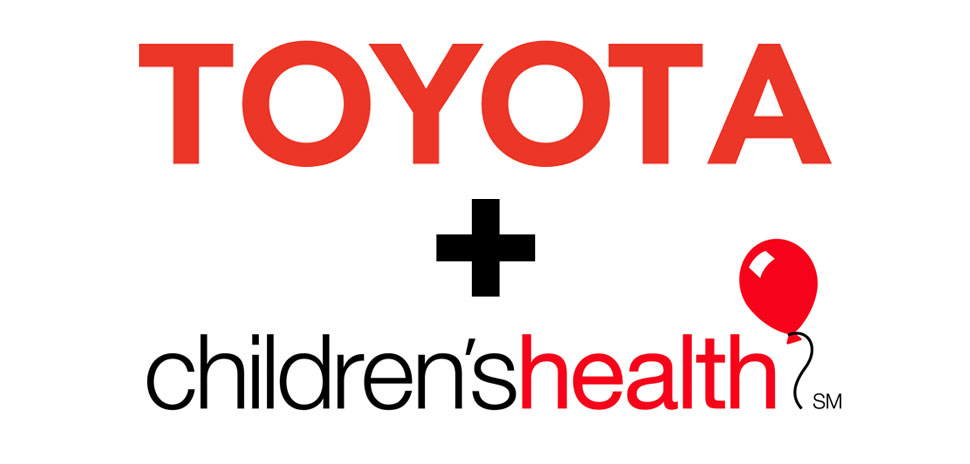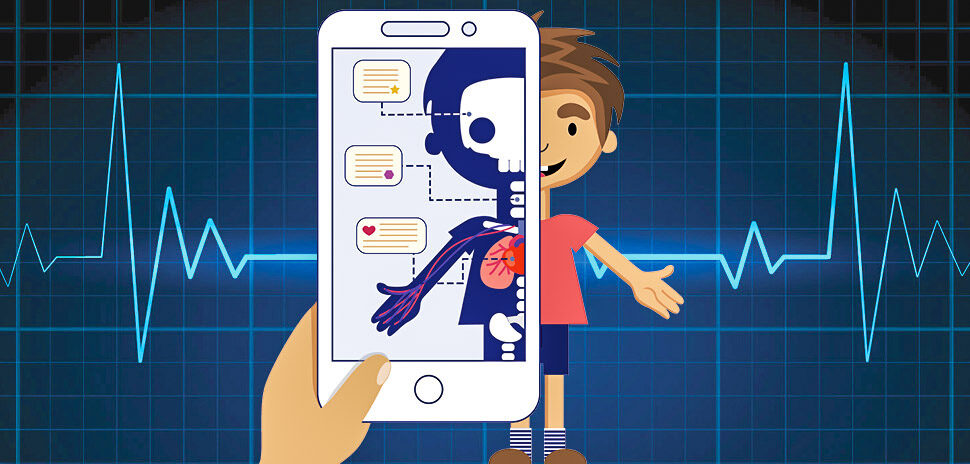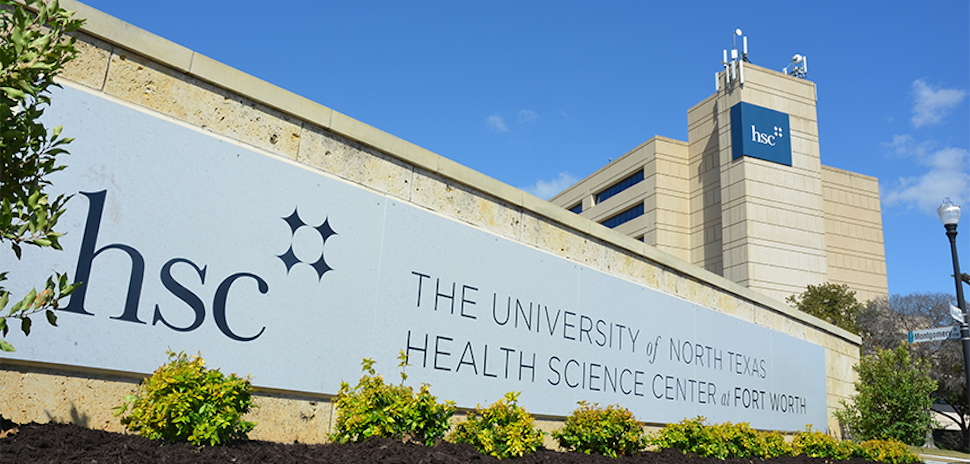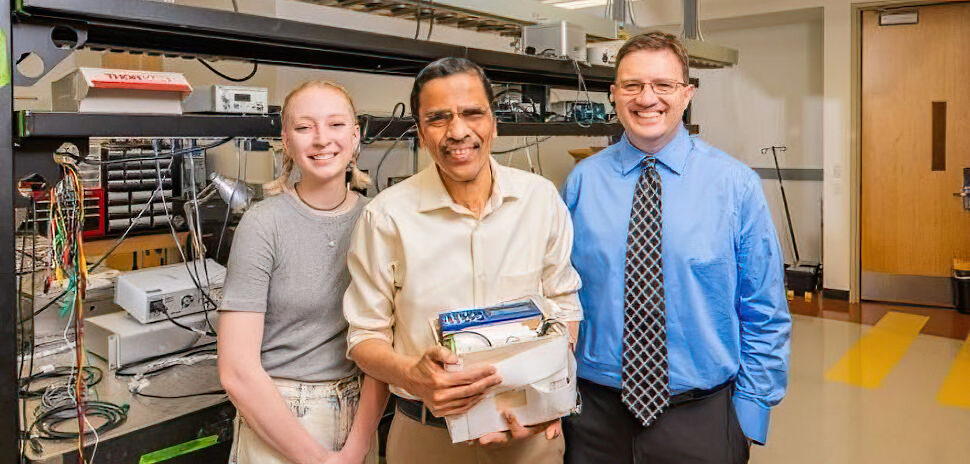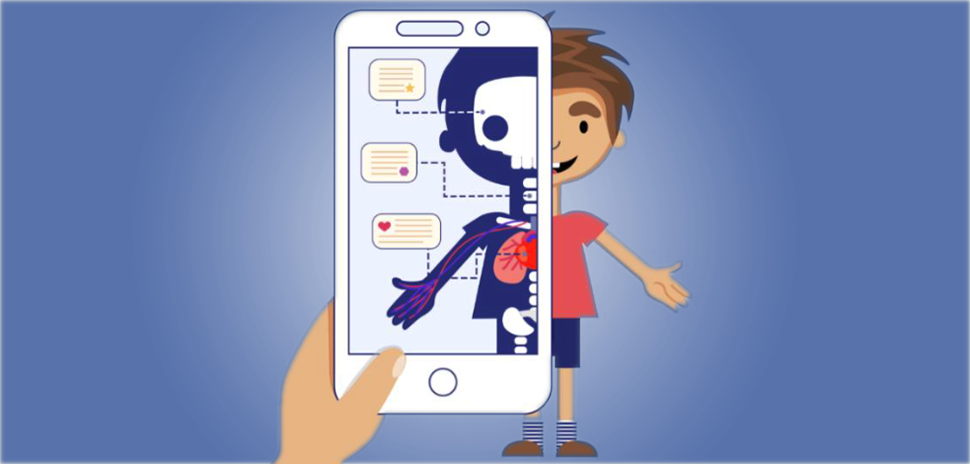A collaboration between Toyota and Children’s Health has led to a 75 percent reduction in central line-associated blood stream infections (CLABSIs) for patients in the system’s gastroenterology unit.
CLABSIs can be acquired by patients when bacteria or other germs get into the bloodstream via their central line, a plastic tube placed in a large vein that routes to the heart, Toyota said in a release.
Toyota North America recently opened its new headquarters campus in Plano and has become a major philanthropic and community partner in North Texas.
Teams from Toyota Production Support Center and Children’s Health have been collaborating since June 2016 to improve quality of care and patient safety, according to the automaker.
“Patients and their families place a sacred trust in us to take care of their children and make them well.”
Rustin Morse
Their first area of focus was with CLABSIs and the patients in the gastroenterology unit at the system’s flagship hospital, Children’s Medical Center Dallas, Toyota said.
Roughly 250,000 CLABSIs infections occur each year in hospitals nationwide, according to statistics from the Clinical Journal of Oncology Nursing. The infections cost more than $6 billion in health care, studies show.
Toyota said the teams worked to identify unintended breakdowns in process, and through TSSC’s process and methodology, Children’s Health found out that immediate environment of care is vital to the process of maintaining central line cleanliness.
“Patients and their families place a sacred trust in us to take care of their children and make them well,” Rustin Morse, vice president and chief quality officer at Children’s Health, said in the release. “While there will always be risks associated with specialized treatment in hospital settings, we are grateful for the expertise of TSSC.”
Morse said the TSSC team is the finest process improvement experts in the world and helped Children’s minimize the risks.
“We are also tremendously proud of our clinical team members for their commitment to excellence in patient safety,” Morse said.
Children’s Health said it will roll out improved practices from the collaboration system wide by the end of the year.
Ultimately, team members will be empowered to implement improved care processes to prevent infections across multiple hospital units. the release said.
Children’s Health plans to share its findings with other health-care systems nationwide.
It’s just one of the collaborations by Toyota that could be beneficial to many people.
Toyota and Irving-based 7-Eleven recently announced a collaboration in which they will test hydrogen fuel-cell vehicles to see how the energy source could benefit the retailer in lowering its carbon footprints while improving profits.
Dallas Innovates, every day
One quick signup, and you’ll be on the list.

